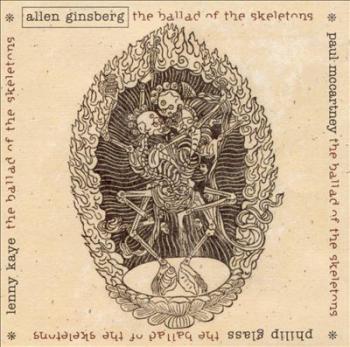


Throughout his celebrated career Ginsberg made us feel as though we knew everything there was to know about him. Through his revo-lutionary poetry and social advocacy, Ginsberg dedicated himself to leading others toward new ways of being human and easing pain. Though madness is often linked with hardship and suffering, Ginsberg's showed how it could also lead to profound and redemptive aesthetic, spiritual, and social changes. Weine, M.D., who was that medical student, examines how Allen Ginsberg took his visions and psychiatric hospitalization, his mother's devastating illness, confinement, and lobotomy, and the social upheavals of the postwar world and imaginatively transformed them. In Best Minds, psychiatrist, researcher, and scholar Stevan M. Allen Ginsberg's 1956 poem "Howl" opens with one of the most resonant phrases in modern poetry: "I saw the best minds of my generation destroyed by madness." Thirty years later, Ginsberg entrusted a Columbia University medical student with materials not shared with anyone else, including psychiatric records that documented how he and his mother, Naomi Ginsberg, struggled with mental illness. A revelatory look at how poet Allen Ginsberg transformed experiences of mental illness and madness into some of the most powerful and widely read poems of the twentieth century.


 0 kommentar(er)
0 kommentar(er)
